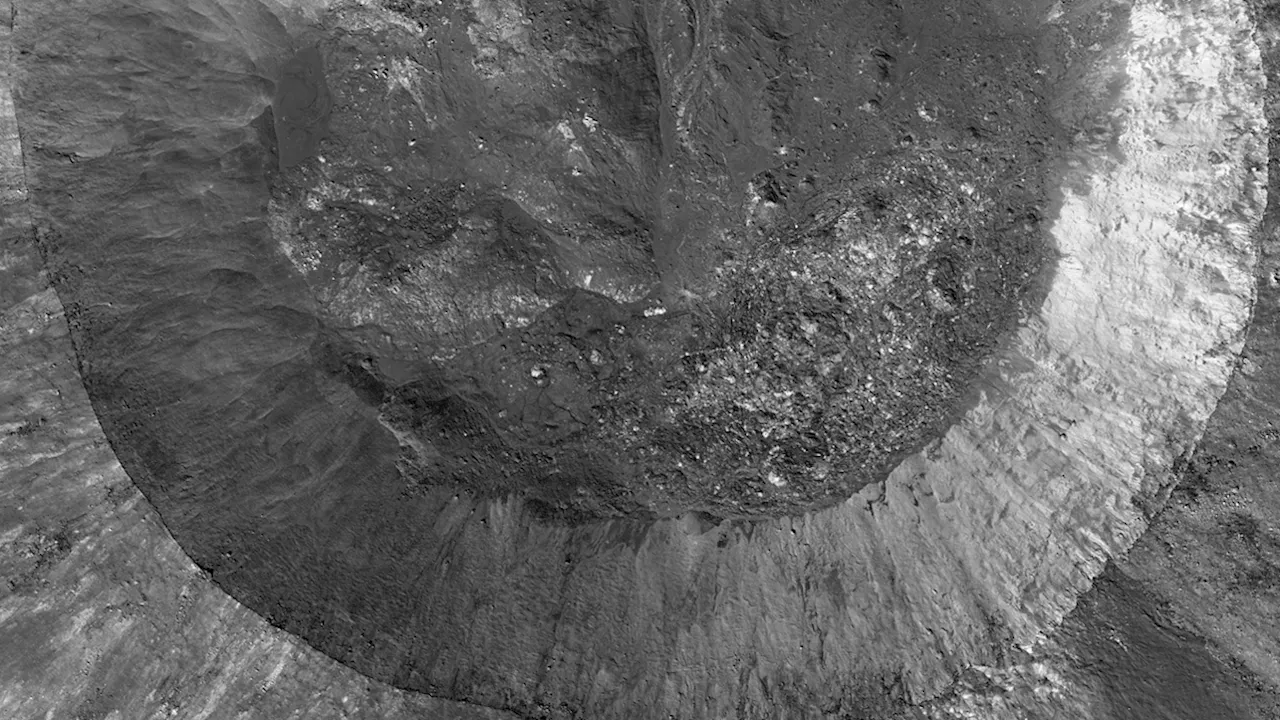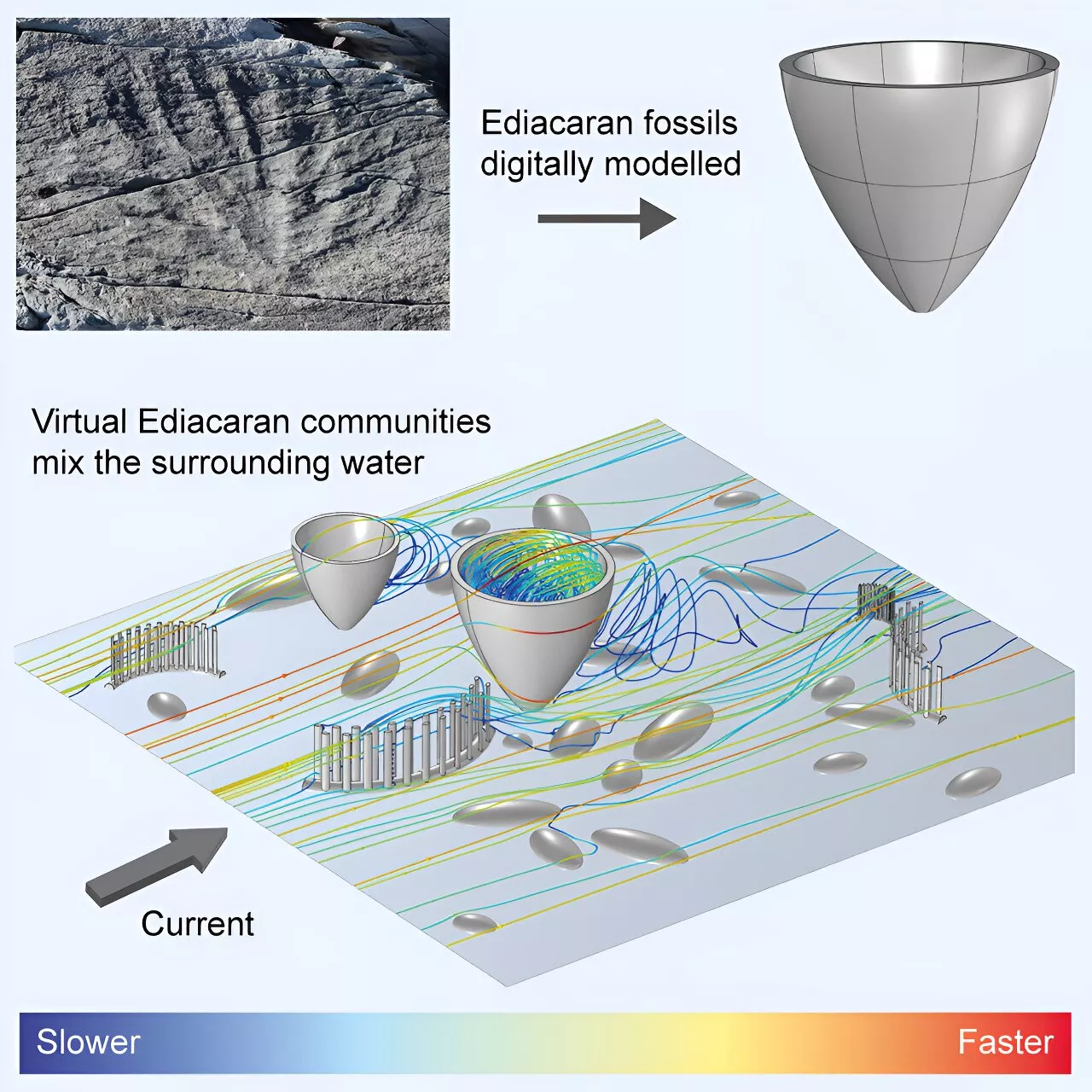Research has provided new insight into the tectonic plate shifts that create some of the Earth's largest earthquakes and tsunamis.
Study finds evidence that subduction zone splay faults compound hazards of great earthquakes retrieved 20 May 2024 from https://phys.org/news/2024-05-evidence-subduction-zone-splay-faults.html
This document is subject to copyright. Apart from any fair dealing for the purpose of private study or research, no part may be reproduced without the written permission. The content is provided for information purposes only.Study reveals how a sugar-sensing protein acts as a 'machine' to switch plant growth—and oil production—on and offUse this form if you have come across a typo, inaccuracy or would like to send an edit request for the content on this page.
Your feedback is important to us. However, we do not guarantee individual replies due to the high volume of messages.to let the recipient know who sent the email. Neither your address nor the recipient's address will be used for any other purpose. The information you enter will appear in your e-mail message and is not retained by Phys.org in any form.Get weekly and/or daily updates delivered to your inbox.
Physics News Science News Technology News Physics Materials Nanotech Technology Science
United States Latest News, United States Headlines
Similar News:You can also read news stories similar to this one that we have collected from other news sources.
 Horizontal resolution affects model aerosol properties, finds Earth system model researchEarth system models are running at higher resolutions. Yet parameterizations designed to represent aerosol lifecycles and their interactions with clouds and radiation in the Energy Exascale Earth System Model (E3SM) are developed and evaluated at Earth system model scales, and their performance at higher resolution is unclear.
Horizontal resolution affects model aerosol properties, finds Earth system model researchEarth system models are running at higher resolutions. Yet parameterizations designed to represent aerosol lifecycles and their interactions with clouds and radiation in the Energy Exascale Earth System Model (E3SM) are developed and evaluated at Earth system model scales, and their performance at higher resolution is unclear.
Read more »
 Celebrating Earth Day: The first satellite images of the earth were taken 64 years agoTIROS 1 was the first weather satellite, launched in 1960
Celebrating Earth Day: The first satellite images of the earth were taken 64 years agoTIROS 1 was the first weather satellite, launched in 1960
Read more »
 New research estimates when first warm-blooded dinosaurs roamed the EarthThe first warm-blooded dinosaurs may have lived about 180 million years ago, according to a new study published in the journal Current Biology.
New research estimates when first warm-blooded dinosaurs roamed the EarthThe first warm-blooded dinosaurs may have lived about 180 million years ago, according to a new study published in the journal Current Biology.
Read more »
 Disturbing the Deep: New Research Reveals That Humans Have Intensely Impacted Earth’s Hidden DepthsScience, Space and Technology News 2024
Disturbing the Deep: New Research Reveals That Humans Have Intensely Impacted Earth’s Hidden DepthsScience, Space and Technology News 2024
Read more »
 New Research Points to Violent Origin of Enigmatic Earth 'Quasi-Moon'Asteroid Kamo’oalewa, discovered in 2016, has puzzled astronomers with its unusual Earth-like orbit.
New Research Points to Violent Origin of Enigmatic Earth 'Quasi-Moon'Asteroid Kamo’oalewa, discovered in 2016, has puzzled astronomers with its unusual Earth-like orbit.
Read more »
 Study indicates Earth's earliest sea creatures drove evolution by stirring the waterA study involving the University of Cambridge has used virtual recreations of the earliest animal ecosystems, known as marine animal forests, to demonstrate the part they played in the evolution of our planet.
Study indicates Earth's earliest sea creatures drove evolution by stirring the waterA study involving the University of Cambridge has used virtual recreations of the earliest animal ecosystems, known as marine animal forests, to demonstrate the part they played in the evolution of our planet.
Read more »
